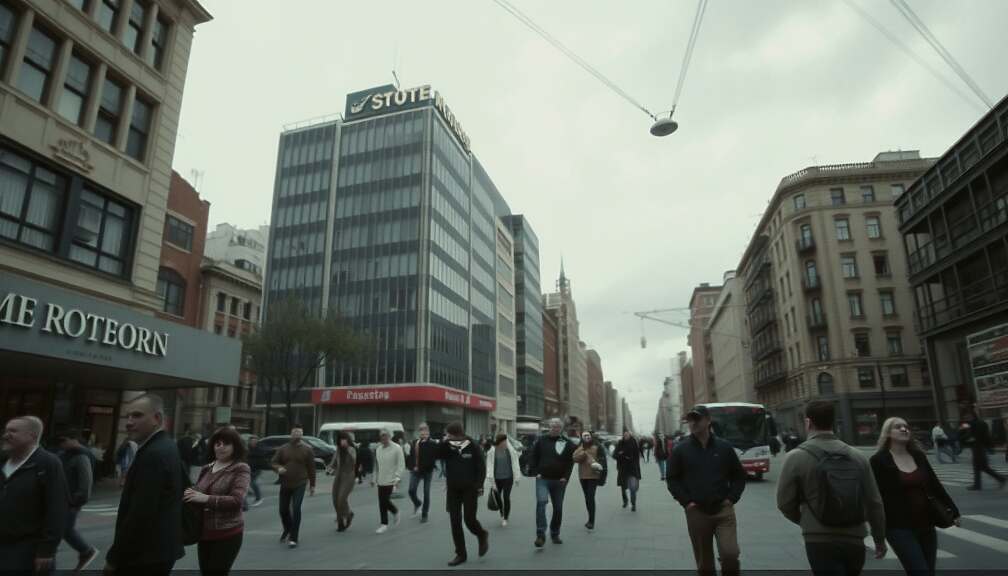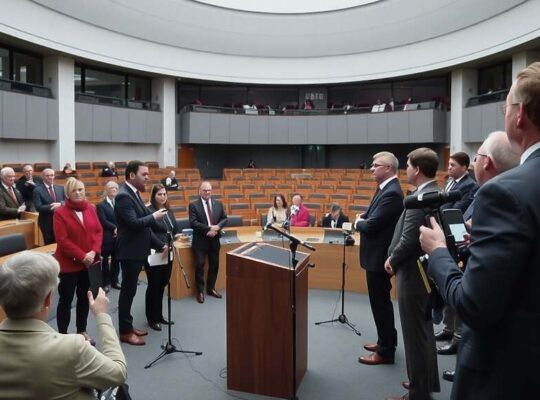A simmering dispute has erupted within Germany’s black-red coalition government concerning the security implications of a recently sparked debate on urban spaces, fueled by Chancellor Friedrich Merz (CDU). The disagreement centers on the potential expansion of surveillance technologies, particularly the use of artificial intelligence-powered facial recognition, raising fundamental questions about privacy and the scope of state power.
Alexander Throm, the CDU’s parliamentary spokesman for internal affairs, is advocating for broader video surveillance networks incorporating AI-driven data analysis. Speaking to the Handelsblatt, Throm argued such measures are increasingly necessary to prevent and resolve crimes effectively. While acknowledging the responsibility of individual states regarding surveillance outside of transport hubs, he cautioned against allowing data protection concerns to persistently impede technological advancement, practically dismissing traditional privacy safeguards as “outdated.
The proposal has drawn sharp criticism from Sebastian Fiedler, the SPD’s interior policy representative. Fiedler accused the CDU of manipulating the urban space debate, cynically linking it to the search for potential terrorists – the narrowest permissible application of facial recognition software under current EU law. He condemned the escalation of the discussion, suggesting it serves a politically expedient agenda.
Fiedler drew attention to the European Union’s AI Act, which generally prohibits biometric facial recognition, permitting exceptions only in situations involving imminent and specific threats. He proposed an alternative approach to bolstering security: redeploying personnel currently involved in internal border controls back to railway stations and public spaces, arguing a more visible human presence would be a more effective and less intrusive measure than automated surveillance.
The clash highlights a growing ideological rift within the governing coalition, exposing divergent perspectives on the balance between security concerns and the protection of civil liberties. While the CDU leans towards technological solutions and a perceived relaxation of data protection regulations, the SPD remains committed to a more traditional, human-centered approach, emphasizing resource allocation and visible policing. The debate inevitably casts a spotlight on the potential for mission creep and the broader implications of normalizing AI-powered surveillance within German society.












